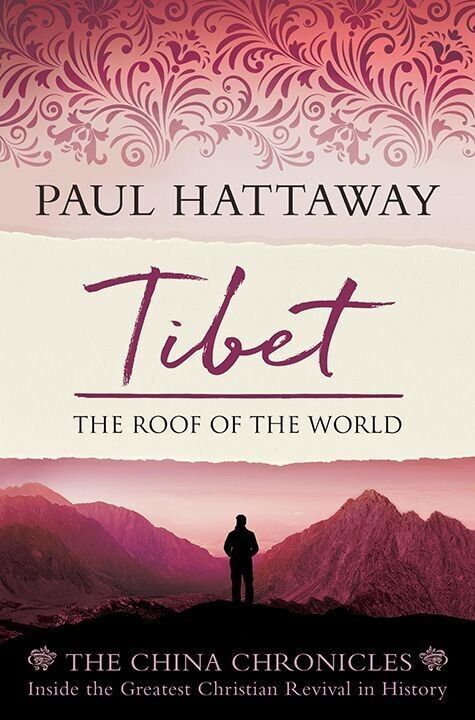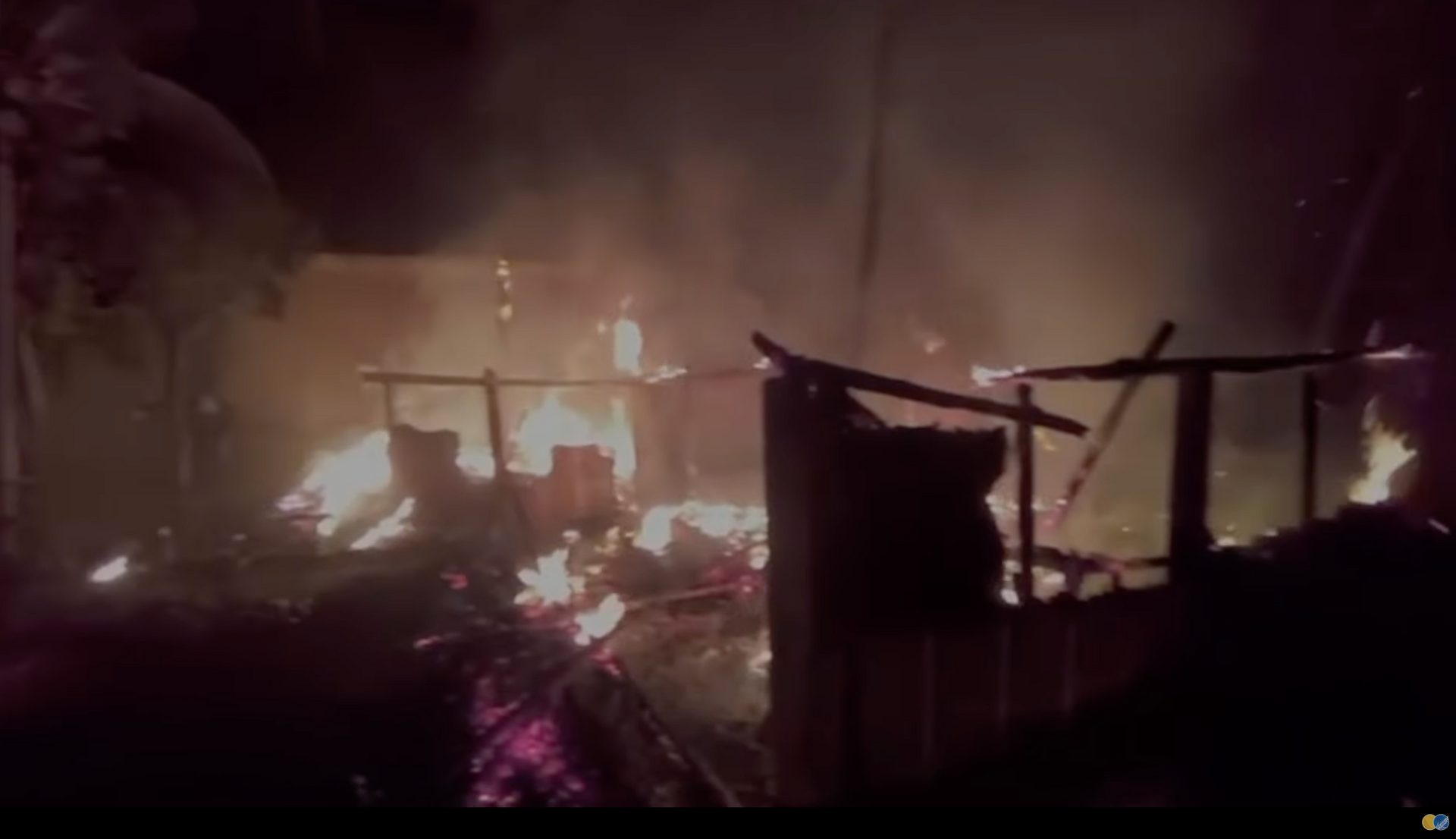2010s
Ü-Tsang དབུས་གཙང་
![Tibetan monks appear fascinated by a Bible story comic book. [VOM Canada]](https://lirp.cdn-website.com/5ddddb20/dms3rep/multi/opt/unnamed+%287%29-1920w.jpg)
The early missionaries to Tibet could never have imagined the positive reputation now enjoyed by Tibetan Buddhists in the Western world. Indeed, many politicians, Hollywood actors and other celebrities regard the Dalai Lama as their hero. As a result of this newfound status, many Westerners, including even some professing Christians, respond with disgust when they hear of anyone trying to lead Tibetans to Jesus Christ.
Tibetan society itself faces an interesting and volatile future, because China is poised to name the next Dalai Lama when the Fourteenth Dalai Lama, Tenzin Gyatso, dies. He was 84-years-old at the time of writing this book. In 2019, the Chinese government adopted a hardline stance against the Dalai Lama's succession plans, threatening to appoint its own handpicked replacement who is sympathetic to the Communist Party, as it did when appointing the Eleventh Panchen Lama in 1989.
The Dalai Lama immediately pushed back against the Chinese threat, saying his successor may be "found" in India after his death, before adding, "In the future, in case you see two Dalai Lamas come, one from here, in a free country, and one chosen by the Chinese, then nobody will trust, nobody will respect the one installed by China. So that’s an additional problem for the Chinese.”
In the 2010s, some pro-Tibetan independence activists began to target Christians more aggressively, using political connections to shut down their work in countries like Nepal, India and Bhutan, while in China they spent much time and money warning Tibetans about the supposed threat that Christianity posed to their culture.
As a result of this additional pressure, Christians who desire to share the love of Christ with Tibetans on the Chinese side of the Himalayas face threats from several different sources. They are threatened by Communist officials who don't want Christianity to spread in the area; opposed by Tibetan lamas who fear a loss of power if their people embrace the gospel; and more recently, they have been attacked and exposed by pro-Tibetan Westerners, who are skilled at identifying Christian workers among the Tibetans.
The Western media has occasionally joined the chorus of hostility against Christian efforts to reach Tibet. In 2013, the Guardian newspaper in the United Kingdom published an extensive article, detailing strategies employed by undercover missionaries in Qinghai Province. In part, the article stated:
"Tibet is the K2 of the Evangelical Christian world—missionaries see it as a formidable yet crucial undertaking, a last spiritual frontier. Of the 400 foreigners living in Xining, most are missionaries.... Techniques have become more sophisticated over the past few decades. Some [foreign evangelists] like Chris and Sarah, have secured long-term Chinese visas by opening coffee shops, boutiques, restaurants and guesthouses. Others are charity-minded doctors and aid workers. Evangelical organizations brainstorm new ways to make the Christian gospel accessible to Tibetans, such as screening Christian films in Tibetan dialects."
Evidence of flourishing Christian fellowships in Tibet emerged with news that a house church meeting in Lhasa was targeted by the authorities in October 2011. Pastor Song Xinkuan and ten other missionaries from Henan Province were arrested and their property was seized. Other believers were fined and harassed.
Upset at the treatment metered out to them, the house church Christians took the extraordinary step of launching legal action against the police persecution. They claimed that as no registered Three-Self churches are permitted in Tibet, their rights to exercise their religious beliefs had been illegally infringed. A Christian lawyer, Zhang Kai, was engaged and a lawsuit was filed on Pastor Song's behalf.
Remarkably, on April 6, 2012, the People's Court handed a victory to the Christians. The seized property was returned, compensation was paid, and the police officers involved in the incident were reprimanded.
As more Chinese Christians spread throughout Tibet to share the gospel, problems inevitably arose. A severe blow occurred in January 2014, when a Han missionary named Dong Chunhua, a native of Shandong Province, suddenly went missing while traveling in a remote part of western Tibet. Song Xinkuan was the last person to see Dong alive. He remarked: "Dong has been detained by the police before. In addition, his home has been searched. Dong has spread the gospel in more than 70 Tibetan counties."
While the battle raged on for the heart and soul of Tibet, other reports surfaced of Tibetan Christians in various locations. In 2015, the Chinese government banned Tibetan Christians from meeting in their church building in Ngari Prefecture, after the believers refused to heed advice to meet privately rather than in public.
© This article is an extract from Paul Hattaway's book ‘Tibet: The Roof of the World’. You can order this or any of The China Chronicles books and e-books from our online bookstore.
1. Yonden Lhatoo, "China and the Dalai Lama Play Endgame for Tibet, and it's going to be an Unholy Mess," South China Morning Post (March 30, 2019).
2. Jonathan Kaiman, "Going Undercover: The Evangelists Taking Jesus to Tibet," The Guardian (February 21, 2013).
3. "Authorities' Involvement Suspected in Disappearance of Tibetan Missionary," China Aid (February 6, 2014). No further news has been cited as to Dong Chunhua's fate.
4. See "Tibetan Officials Ban Christians from meeting in their Church Building," China Aid (September 1, 2015).





